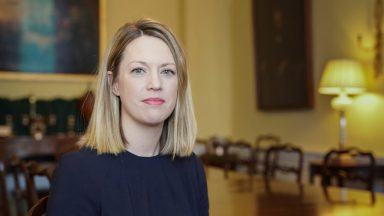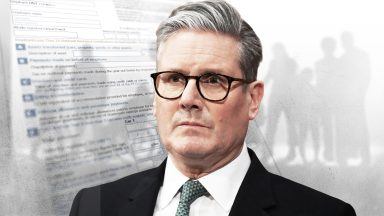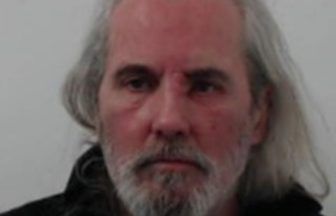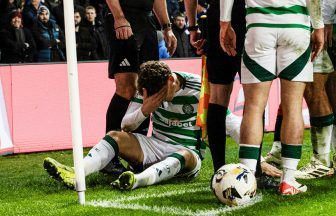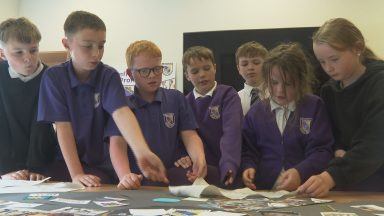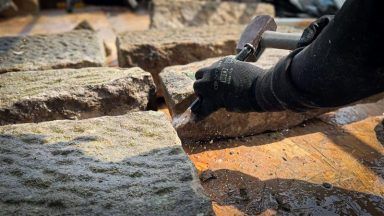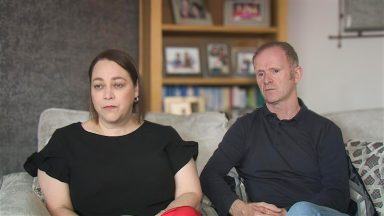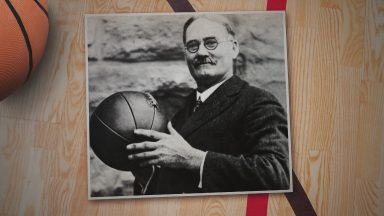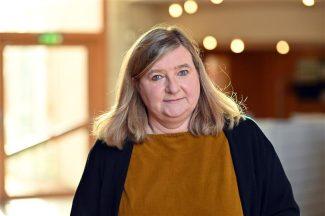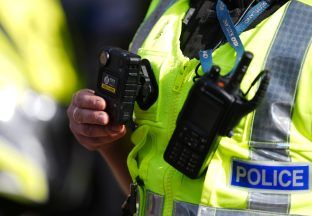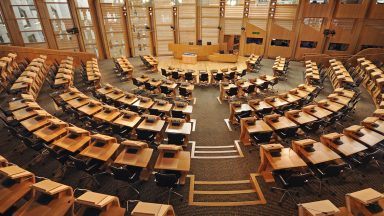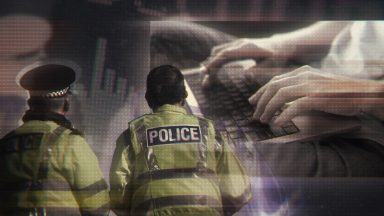Almost half as many people in Scotland lived in very deep poverty late last decade compared to a quarter of a century ago, new research from the Joseph Rowntree Foundation (JRF) has shown.
The charity found 460,000 people in Scotland were living in very deep poverty between 2017-2020, up from 310,000 between 1994-97 – a rise of more than 48%.
Very deep poverty is described as households below 40% of the median household income.
In research published on Tuesday, the charity said it was the “equivalent of the population of Dundee” falling into very deep poverty over the last 20 years.
Significant numbers of people living in poverty were lifted out in the earlier parts of the 21st century, the report acknowledged.
But following the financial crash in 2007-2008, the number of people in poverty increased.
Of those living in poverty, 46% lived in very deep poverty between 2017-20, up from 27% in 1994-97.
The number of those living in poverty overall has decreased, however.
The figures have caused concern as they predate the pandemic and ongoing cost of living crisis and highlight crucial underlying factors which have made the current surge in inflation the crisis that it is, the charity said.
JRF claimed governmental policy has exposed “hundreds of thousands of people” in Scotland to the hardship that many face today.
The charity also said policy decisions made by the Scottish and UK Governments to lower poverty are not being targeted at those who have the least.
The research showed those most in need of support have been allowed to slip even further away from a decent standard of living.
Those most likely to live in very deep poverty include single person households, households including someone who is disabled and minority ethnic households.
JRF has called for a “shift in priorities” and more careful policy design which the charity said is “urgently needed”.
 iStock
iStockDespite work making up a greater proportion of the incomes of people living in very deep poverty now, compared to 1995-98, income has not risen anywhere near enough, the charity said.
The charity has called on the UK Government to adopt the essential guarantee that JRF are proposing, alongside foodbank charity the Trussell Trust, and said this would ensure Universal Credit provides enough to cover the cost of essentials.
They have also called for the Scottish Government to re-commit and accelerate efforts to create a minimum income guarantee.
JRF’s associate director for Scotland, Chris Birt, said: “The story of poverty in Scotland over the past 20 years is a bleak contradiction that both the UK and Scottish Governments need to wake up to.
“More people just below the poverty line have been pulled above it at the same time as those with the very least (are) falling further behind.
“This rise in very deep poverty can be plainly seen in the hundreds of thousands of food bank parcels provided across the country every year, as well as the growing gap in healthy life expectancy between the most and least deprived areas of Scotland.”
Follow STV News on WhatsApp
Scan the QR code on your mobile device for all the latest news from around the country


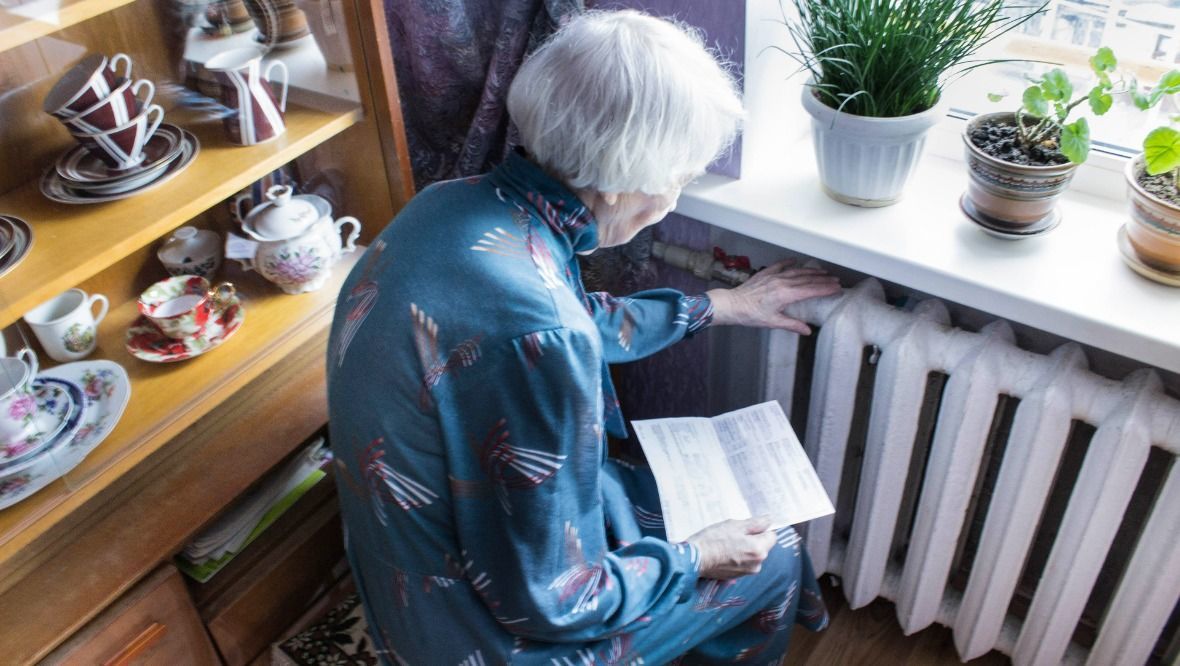 iStock
iStock